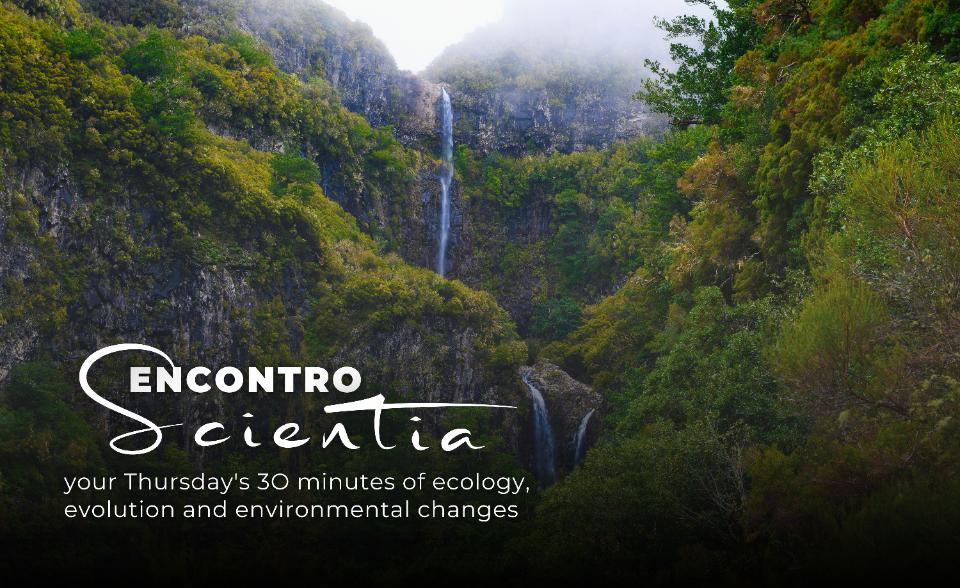-
Date:
08 Feb 2024
-
Location:
Room 2.2.14 - Faculty of Sciences of the University of Lisbon
-
Schedule:
12h00 (Lisbon time)
-
Lecturer or Responsible:
Anabela Martins

Online access • LINK
Password • scientia
Montane oceanic islands are characterized by unique geographic and ecological attributes, rendering them valuable for investigating alpha and beta taxonomic, functional, and phylogenetic diversity patterns along elevational gradients. These diversity assessments provide insights into the underlying mechanisms governing community assembly on islands.
Our study focuses on characterizing the taxonomic, functional, and phylogenetic diversity of bryophytes, using Madeira Island as a model. We examined variations within and across areas at different elevations to assess how ecological and anthropogenic factors influence the alpha and beta components of these diversity facets. Our findings indicate that the three facets of alpha and beta diversity of bryophytes on Madeira Island are more strongly influenced by climatic factors and the predominant type of vegetation than by anthropogenic factors, such as proximity to roads and land use. The high turnover of species reflects the diverse climatic conditions and vegetation types offered by the island, resulting in exceptionally high levels of species diversity and promoting the occurrence of dissimilar functional groups and evolutionary lineages.

